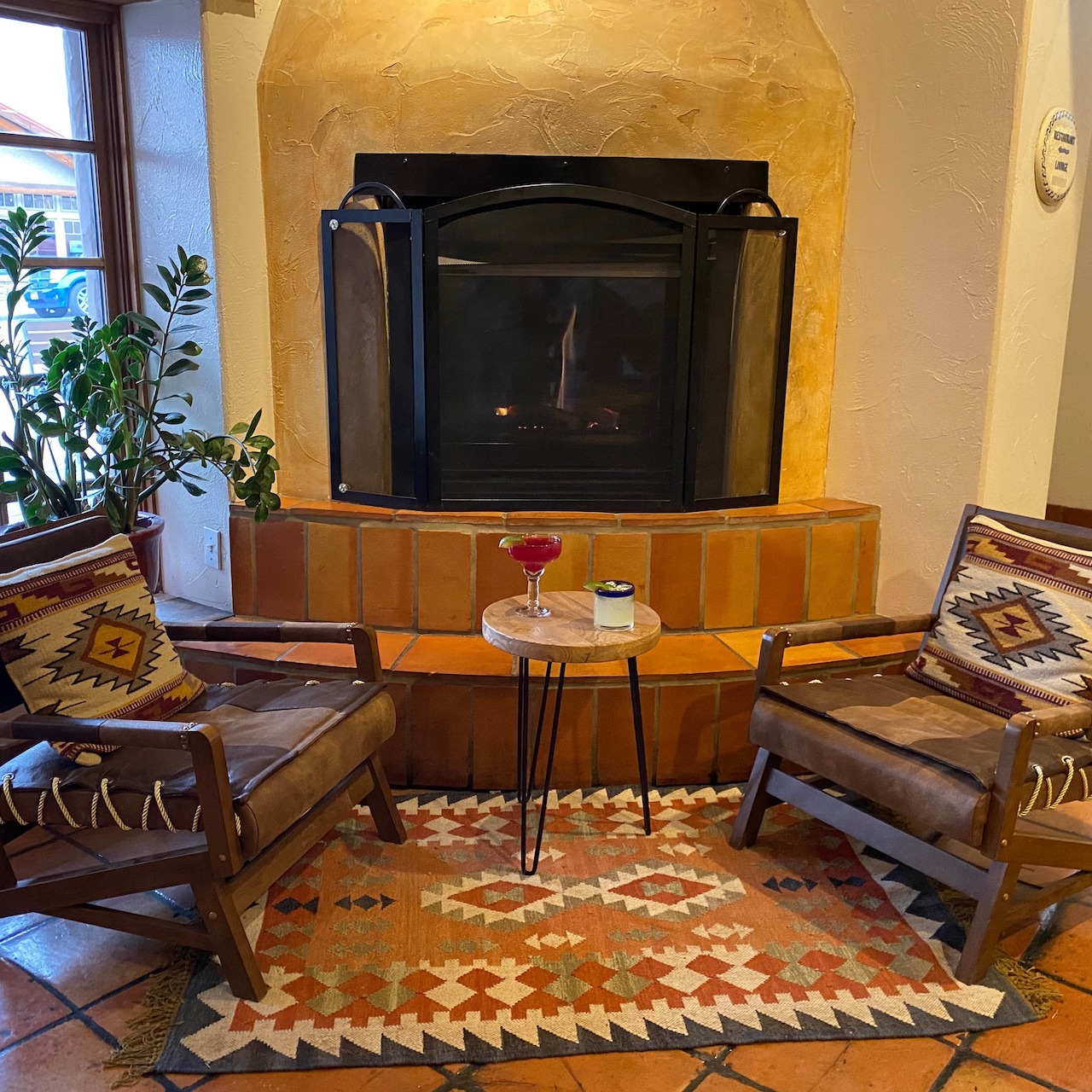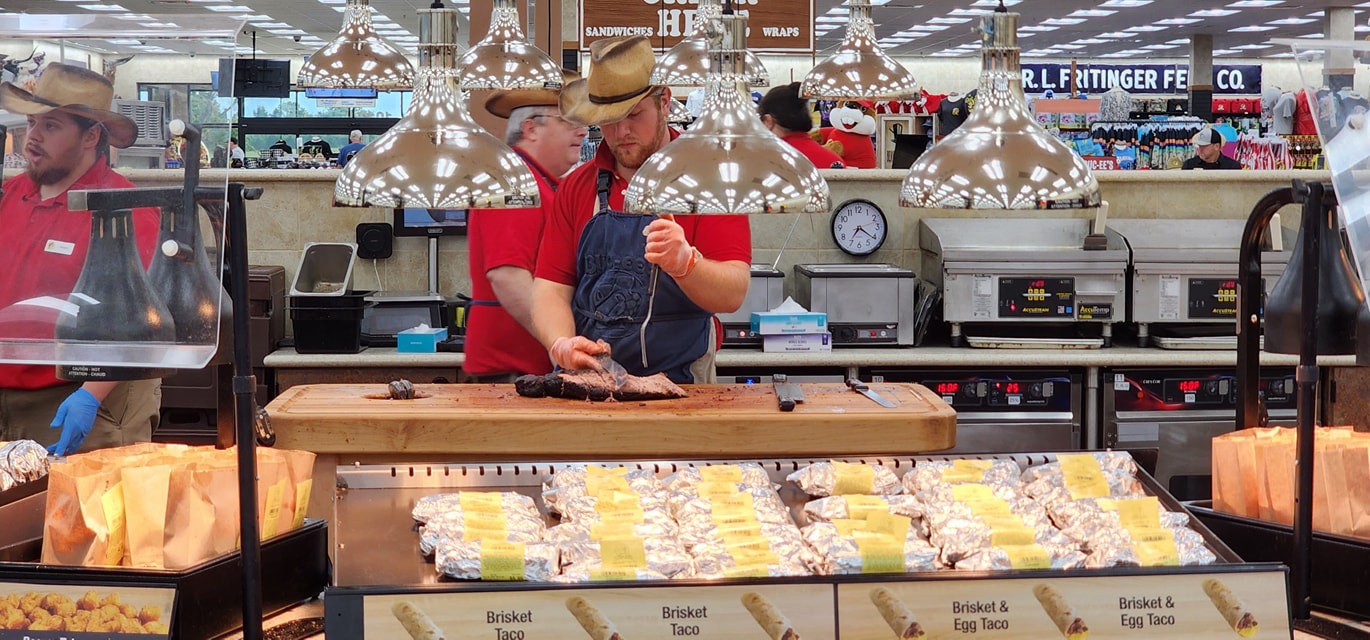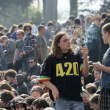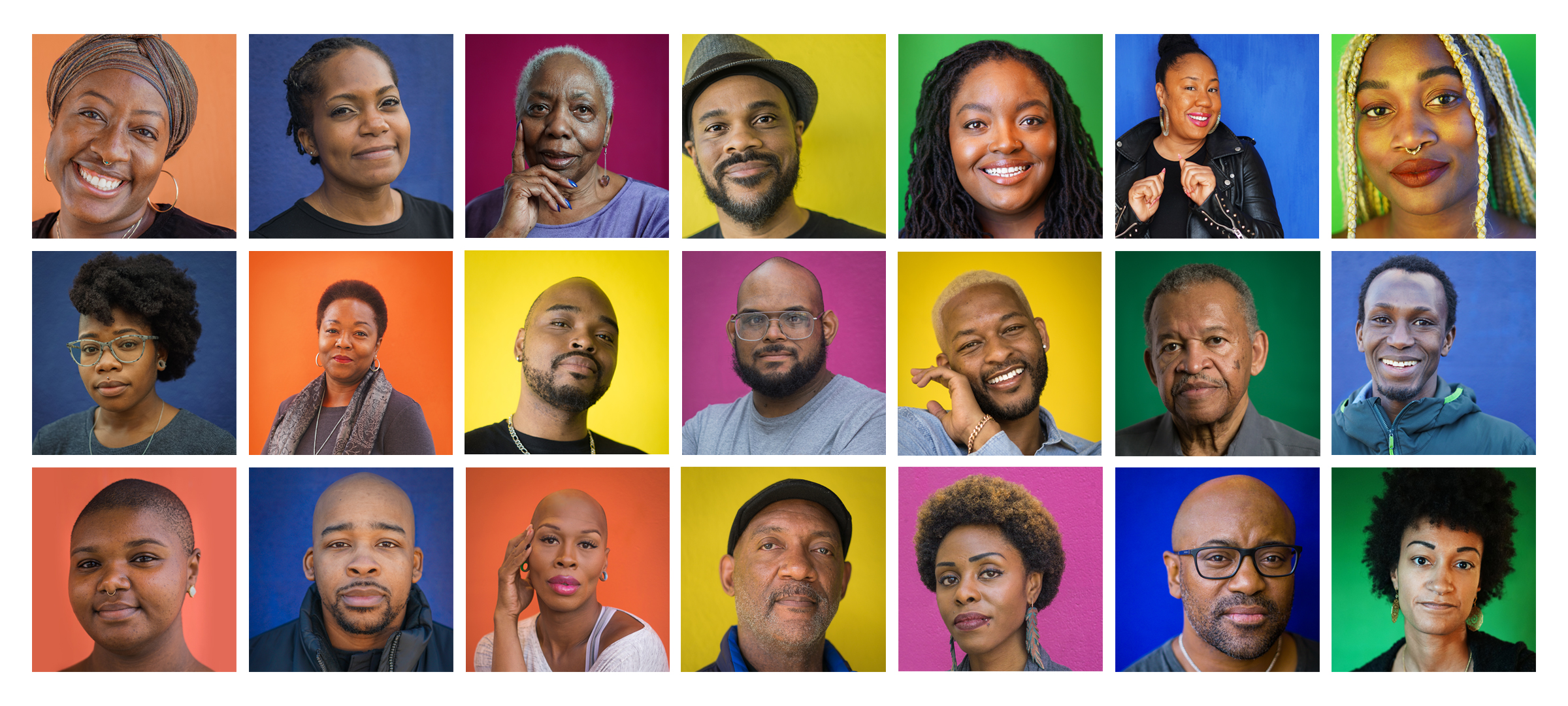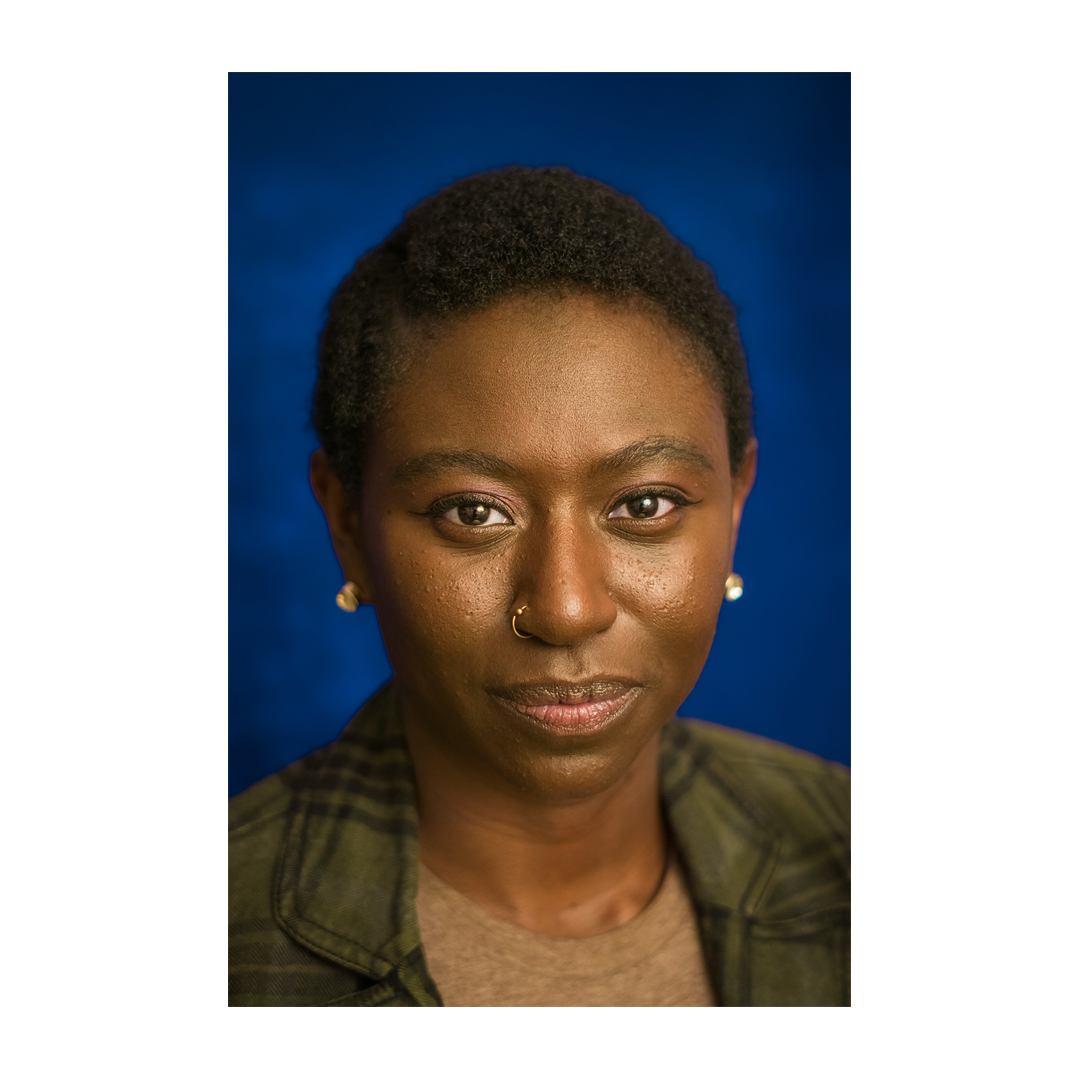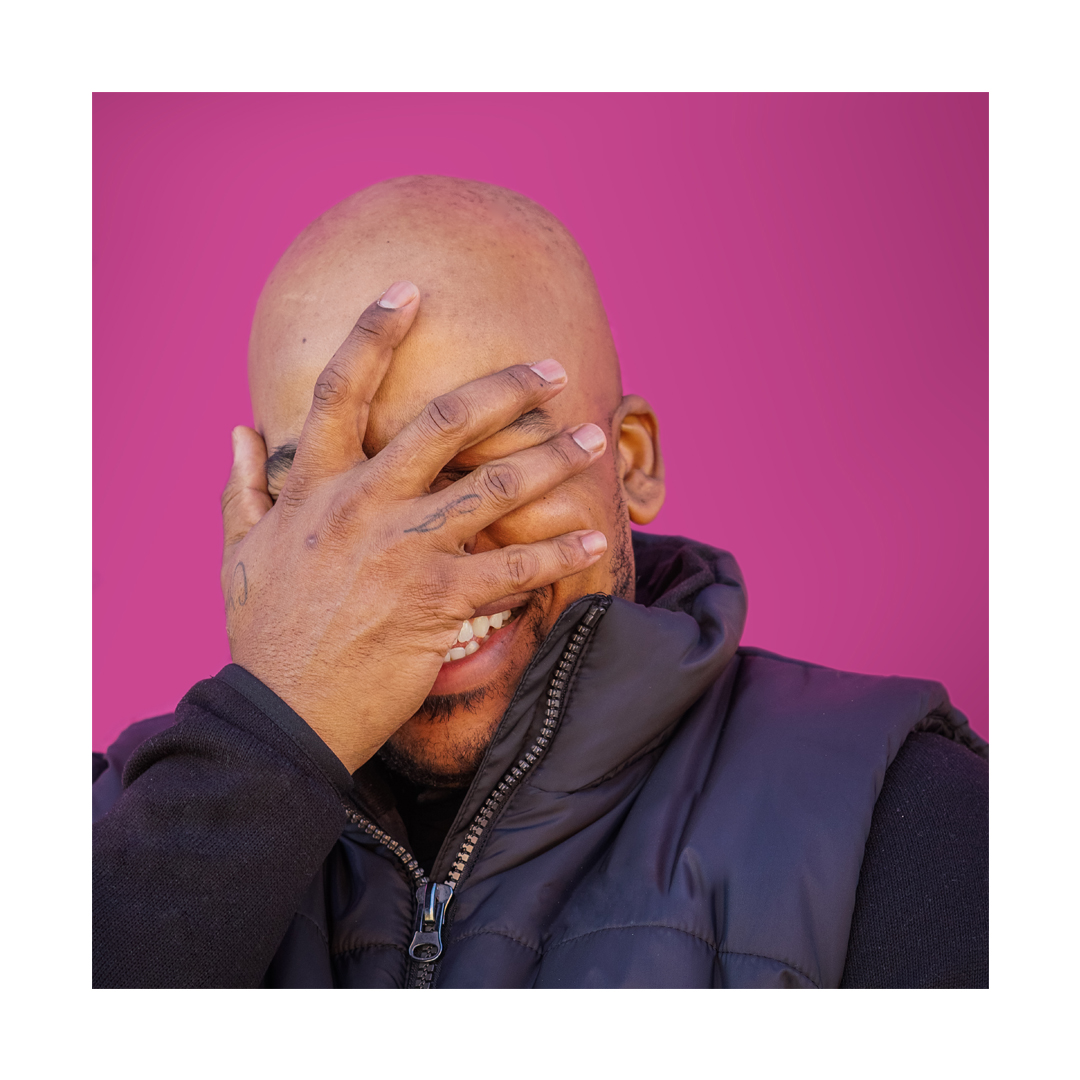303 Magazine: Tell me a bit about yourself (general background)
Narkita Gold: I am Narkita Gold and I moved to Denver, Colorado from Nashville, Tennessee in 2015, and rediscovered myself here. I am a photographer, I dance, I write and I enjoy painting. I have many identities. I am a Black woman, a free spirit, a thinker and an awkward nerd all in one. I love arts & culture, space, spirituality, learning and exploring religions, meditation, yoga, connecting with people, conversation and trying new things. That’s just some of me.
303: Was it like when you first moved to Denver from Nashville? How did you find your community?
NG: I thought Denver would be a great fit for me, but it was a rough transition. I had someone who could empathize, but I didn’t have anyone who could relate to my experiences. I was alone and at times lonely. Things got easier when I got intentional about creating a community of all types of people with the help of Bumble and this project. The keyword there is intentional. Now that I have a community, I’m simply creating a family, which can look like a lot of things.
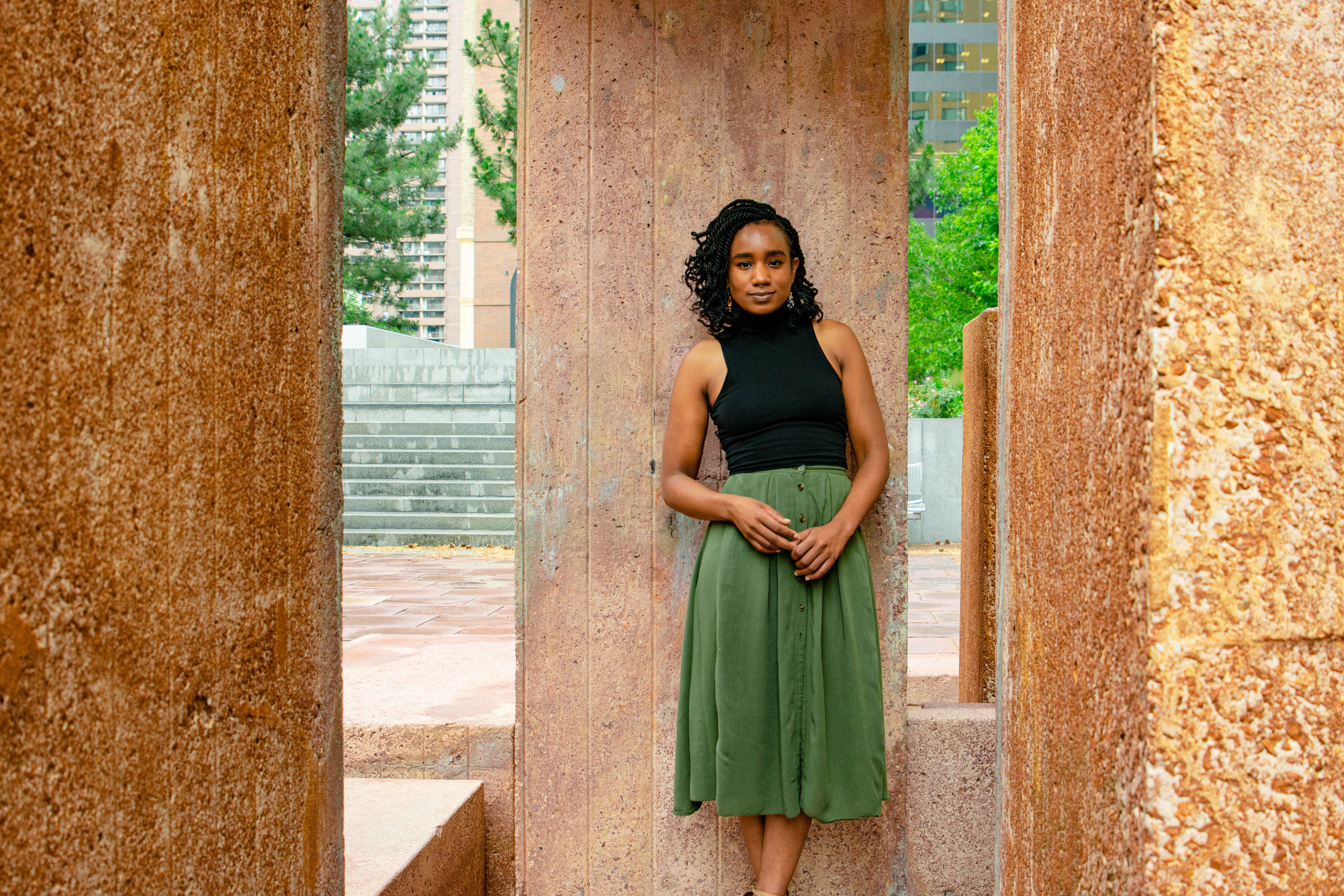
303: How did you decide to start Black in Denver? and what was your goal with this project?
NG: Visually, my goal is to raise awareness about the power of being one’s self and our connectedness. The background colors selected in each portrait are as vibrant and varied as the community here in Denver. Each color repeats and connects intentionally, representing our interdependence. I love authenticity, freedom and community. I think we’re better when we see, acknowledge and celebrate our differences — and that goes for all people. We hear Black Lives Matter, and I fully agree, but what about the LGBTQ+ community? I’ve always noticed that those specific communities tend to be excluded from the conversation and that’s not okay. Everyone is valuable and important. We belong to each other. Also, being told we are not being Black enough, not acting or sounding Black or being told you sound white has always been a thing in my community. Being the weird, smart, nerdy, quiet, or different Black kid can be tough, too — and often leads to bullying and exclusion. This is all rooted in history and oppression. I experienced these things growing up. One of my participants shared the following, ”I can only be Black like me. I can’t be Black like anybody else.” Yes! That’s so powerful and is exactly what I am trying to communicate. Just be yourself. These are the specific issues within my community (as a whole) that are addressed in my work.
In Denver, I feel seen, heard, valued and loved by my community — and this has changed me. My goal in both the interviews and visuals is to show that all Black lives matter: not just cis-gendered, not only Christian, not just gender-conforming folks, not only people with a lighter hue, not just the classically beautiful or the coolest ones, and not just successful Black people. This is an ongoing conversation within my community. I portray a mix of identities for a reason. Black folks are a bunch of complex individuals, with different ways of being and belief systems that make up a collective. Each and every one of our existences make up our entire existence.
My secondary goal with the interviews is to understand Black life in Denver by talking to individuals, both transplants and locals, about who they are and what it means to be them, here. My vision was to explore portraiture, but at the time I didn’t know many people in Denver, which was also another issue or challenge that is explored in the project — lack of community. At times, it can be lonely here so I found that the project was an opportunity to create community and help people connect too. Community is so important to our mental health.
“I’ve heard many times that my work makes people in my community feel less alone — and I love that. I also believe there are misconceptions that there are not any Black people in Denver, and that’s not true. We are here. We’ve been here. Denver has a rich Black history.”
303: How do you find people to interview?
NG: It has evolved over time. At first, I spoke to people I know from local businesses, friends, and friends of friends. I’ve received emails and DMs. I also connect with folks at events. I’m a shy and quiet person, and at times I can be socially awkward, so approaching people in real life is challenging. Lately, I’ve deliberately stepped out of my comfort zone and approached people that I’m naturally drawn to. And honestly, that’s where the magic is, so I’m attempting to do it more often. My conversations with regular, everyday people are some of my favorites. Older participants, for obvious reasons, have the best insight, too.
303: Why is telling Black stories important to you?
NG: I created this project because I was having an existential crisis — and I decided to get through it by talking to other people about their experiences here in Denver. In my process of self-discovery, I created something that matters. I’ve heard many times that my work makes people in my community feel less alone — and I love that. I also believe there are misconceptions that there are not any Black people in Denver, and that’s not true. We are here. We’ve been here. Denver has a rich Black history.
303: Many of the images feel very personal and tell their own stories. How do you connect with your subjects and what’s most important in choosing an image?
NG: I’m so glad you noticed this. One of my favorite photographers is Platon. He is an iconic portrait and documentary photographer and I love his creative process. He shared that he uses conversation to connect with his subjects before photographing them, and I do the same. I’m asking soul questions. We have a deep conversation about who they are, so there’s an opportunity to truly connect, which usually results in a very personal and revealing portrait. I look at the eyes during the selection process — they are the window to the soul.
303: Give us an example of one story that has really stood out to you.
NG:That’s a tough question. I feel that I’ve taken something away from every participant. I see myself in all people — we’re all a reflection of one another. I’m you, and you are me — you just don’t know that yet. I also don’t think people realize how many opportunities for growth there are when we open our minds to new opinions and learn from others. It really should happen more often. We have to be more curious and open-minded and compassionate. That’s how we begin to unlearn some of the problematic judgments and perceptions we have about race.
Jamese was a complete stranger from Nebraska who DMed me. She was practically a mirror. She told me my own childhood story and Denver experience. Jamese made me feel less alone in the world. I think we even shed a tear together. Some other people who stood out to me include Kriste Peoples, Tya Anthony, Solwazi Johnson, Gwen Crawford and Curt Peterson. I experienced a lot of growth and change from those interactions. I will forever cherish the friendships that I have developed. Also, Suzi Q Smith. She is a true Denverite and summed up the Black in Denver experience beautifully. It was so validating. I am grateful to her. I could list more, but it’s hard to narrow it down to one, each person is so important.
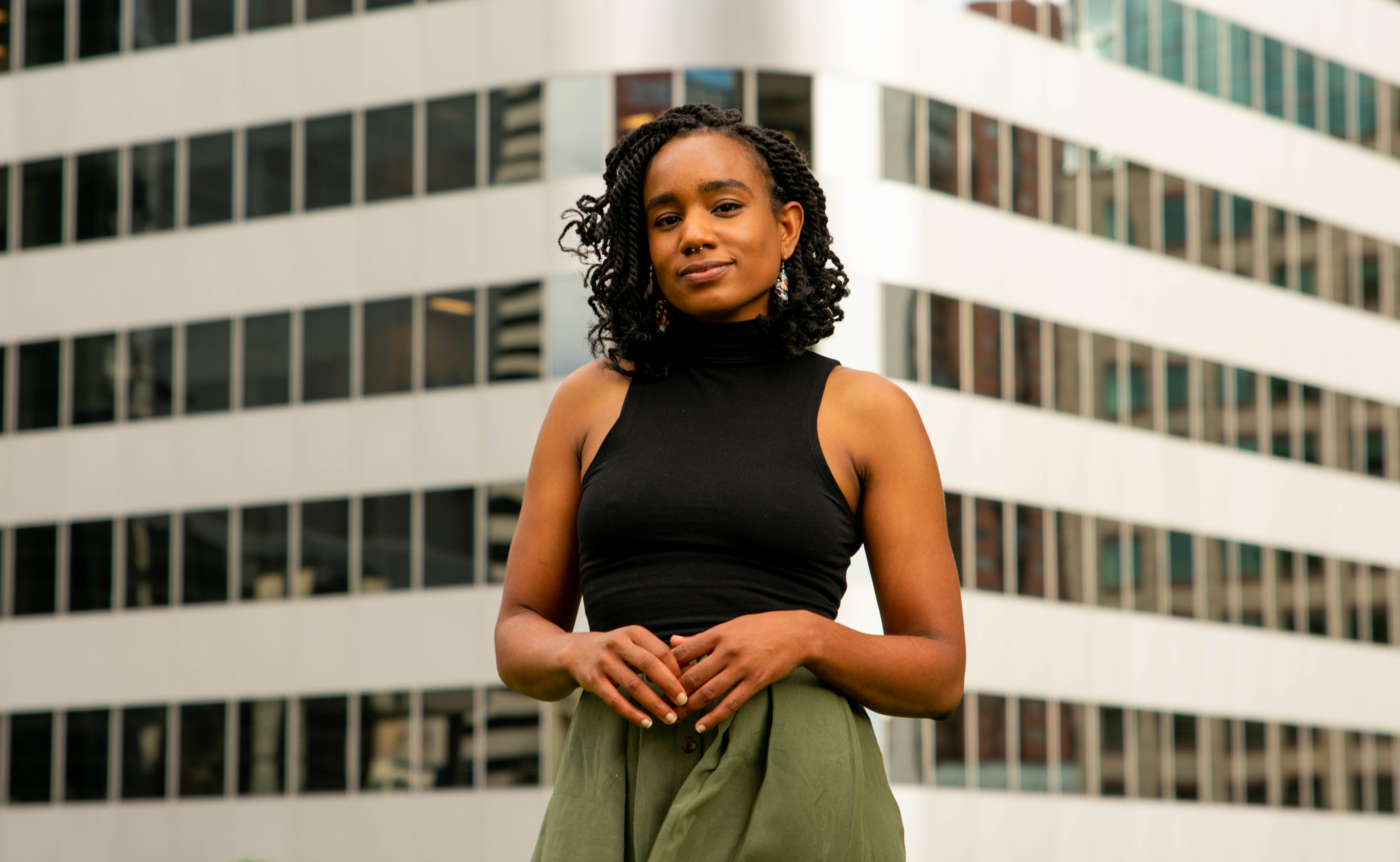
303: How has COVID-19 impacted this project?
NG: Well right before COVID-19 paused life, I was focusing on representing elders, but because they are among the most susceptible to coronavirus I decided to shift for now. I also meet participants one-on-one, so during shelter-in-place, my interviews were halted. I’m slowly getting back into the swing of things and finding alternative ways to connect during this time.
303: How have the recent events with police brutality and protests impacted this project?
NG: I was on the verge of ending the series, but recent events have changed my mind and pushed me to continue.
303: What’s next for Black in Denver?
NG: The series will continue. I also have some opportunities to show my work. I love the community I’m a part of and that I’ve been able to create so much. The isolation and solitude coupled with a Black culture that is laid-back, open-minded, and unconcerned with who you choose to be created a safe space for me to figure it out for the first time ever. Because of that compassion, I want to create something special that will fulfill the needs that I consistently heard throughout the series. I’m brainstorming and planning.
303: You said you feel seen and heard in Denver — what’s your advice for someone who doesn’t feel that way?
NG: To create, use your voice, and speak your truth.
Go here to see more of Black in Denver and check out Leon gallery for a current display of her work.
